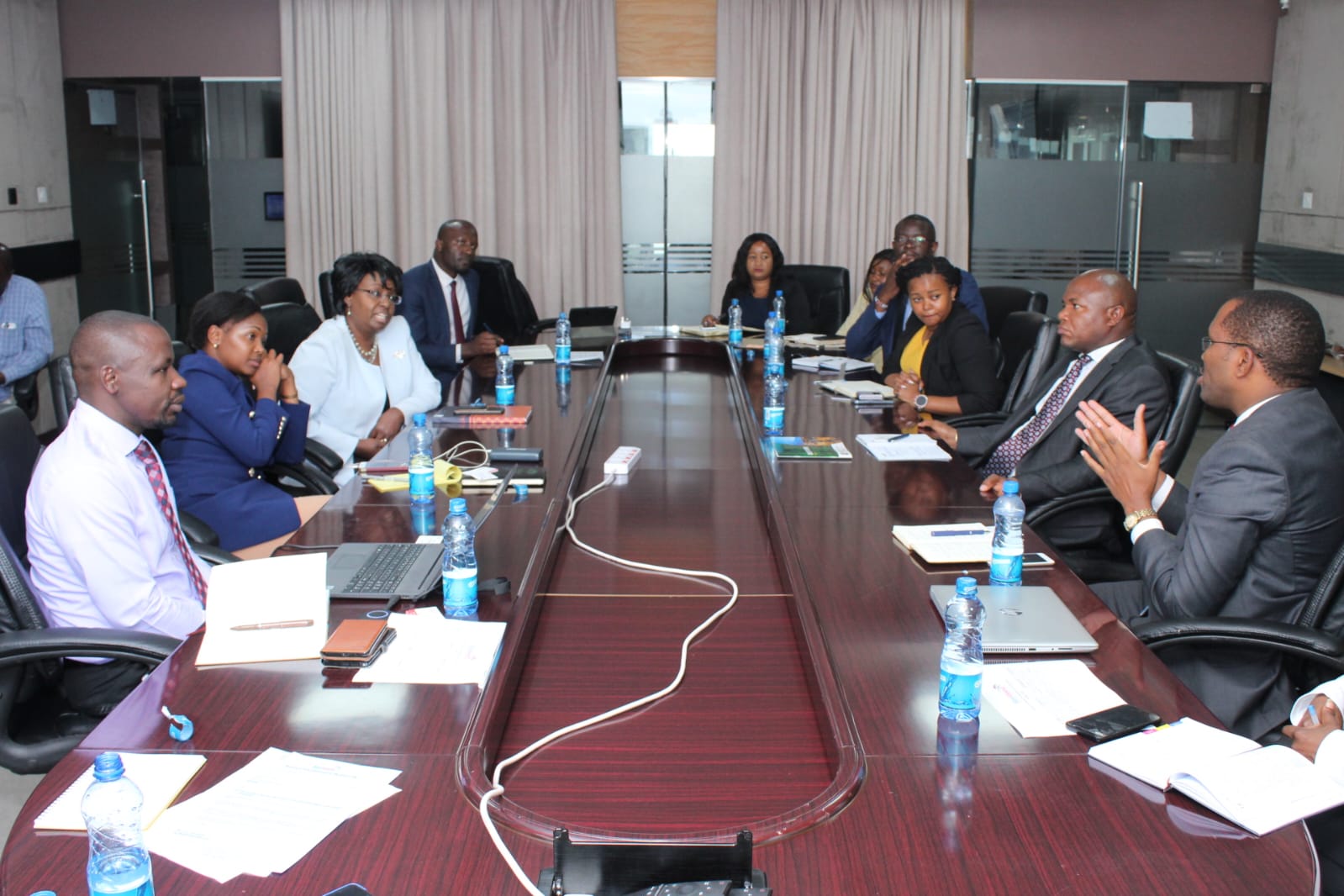Taking care of your health and that of your loved ones can be quite expensive. With the current economic status in Kenya, out-of-pocket spending on healthcare can be a huge financial burden for a household to bear. But with a growing population, an increase in Non-communicable diseases (NCDs), and the emergence of new variants of diseases, healthcare remains to be a necessity rather than an option. Although significant strides have been made to improve access to quality and affordable healthcare, there is a lot to be done, to fast-track care access to the millions of underserved Kenyans, especially in low and medium-income communities.
During the post-COVID-19 Pandemic, many Kenyans have been pushed into poverty due to out-of-pocket spending when receiving healthcare when they need to. Statistics read that 2 out of 5 Kenyans are unable to receive medication when they need it due to the high cost of treatment, in most circumstances, individuals are forced to sell off their assets to be able to afford care, which pushes even more Kenyans into poverty.
7 years ago, M-TIBA sought to address part of this gap and enable access to affordable healthcare not only for individuals but also for SMEs who are our biggest contributors to the economy. Through innovation and technology, M-TIBA’s solution makes it more affordable for millions of Kenyans to access quality healthcare. Through developing a mobile technology solution that allows interaction between insurers, healthcare providers, and individuals, we have enabled accurate, transparent, and predictable information flow across the healthcare value chain, which has improved efficiencies and brought down the cost of care.
For us, reshaping healthcare means creating opportunities for healthcare providers to expand their businesses and for individuals and groups to easily access quality and affordable healthcare services. For example, Cash Advance, a service for Healthcare Providers(hospitals) by M-TIBA in partnership with the Medical Credit Fund (MCF) to provide unsecured loans of up to Kes. 40 million shillings as working capital to private facilities, to help bridge the financial access gap they face.
At M-TIBA, leveraging technology to streamline processes in healthcare access means being able to track expenditure, manage claims and other processes effectively allowing healthcare providers to focus on their core function, which is offering better care to their patients. For insurers and healthcare providers, digitizing the whole claim process goes a long way in reducing fraud, lowering administration costs, enhancing efficiency and ensuring payments are done on time, which brings down the cost of insurance administration, which is usually the core reason insurance has been significantly costly for many Kenyans to afford.
Being able to help individuals manage their health plans by enabling them to decide on an insurance plan that is favorable to them, manage expenditure and track it (supporting accessibility in healthcare) is also part of the solutions we offer to empower individuals to access care conveniently, by leveraging the power of technology.
Through digitizing all end-to-end systems in the healthcare value chain, we ensure that individuals, healthcare providers and insurers are able to interact quite easily, which has significantly translated into a much lower cost of accessing care for thousands of Kenyans every day. For us, it is not just about innovation and tech but also about creating impact, it’s about leveraging technology to democratise healthcare across the region, and to empower millions to access quality and affordable care whenever they need to, right where they are, and we are quite enthusiastic to be building the future for healthcare.
By: Managing Director Mr Moses G Kuria














